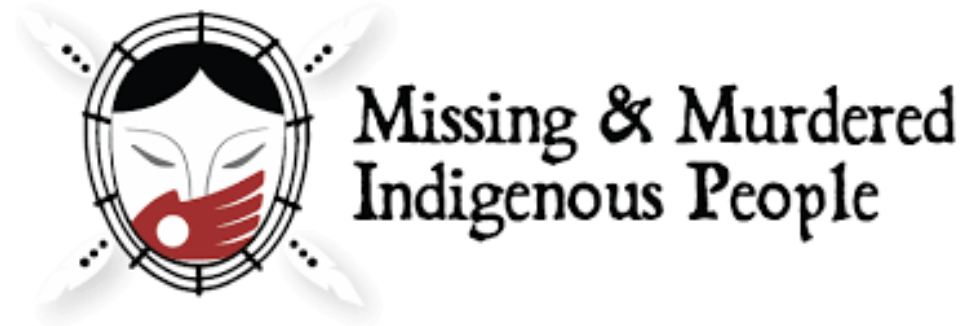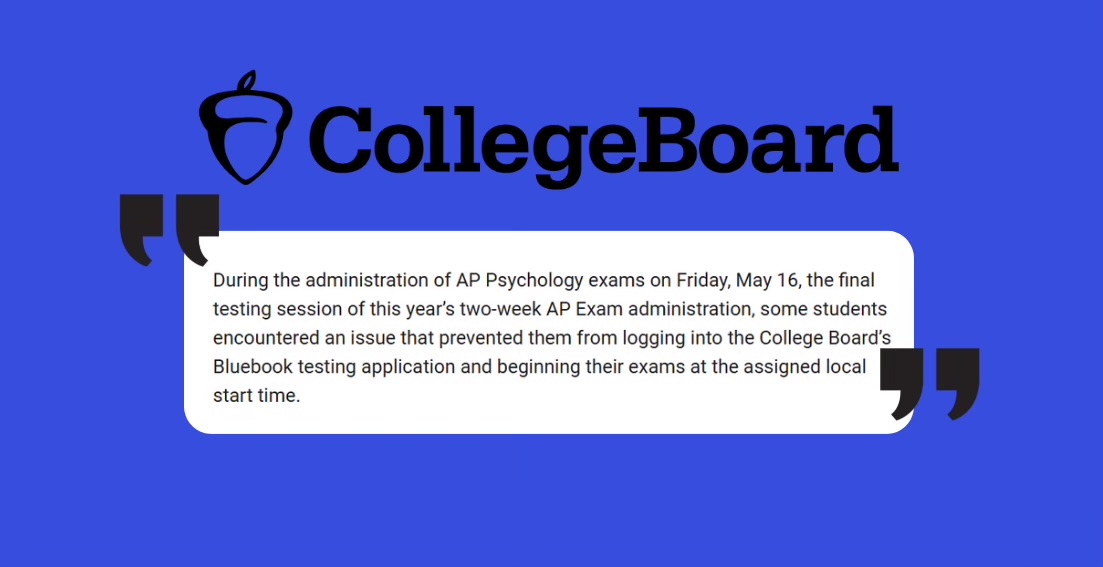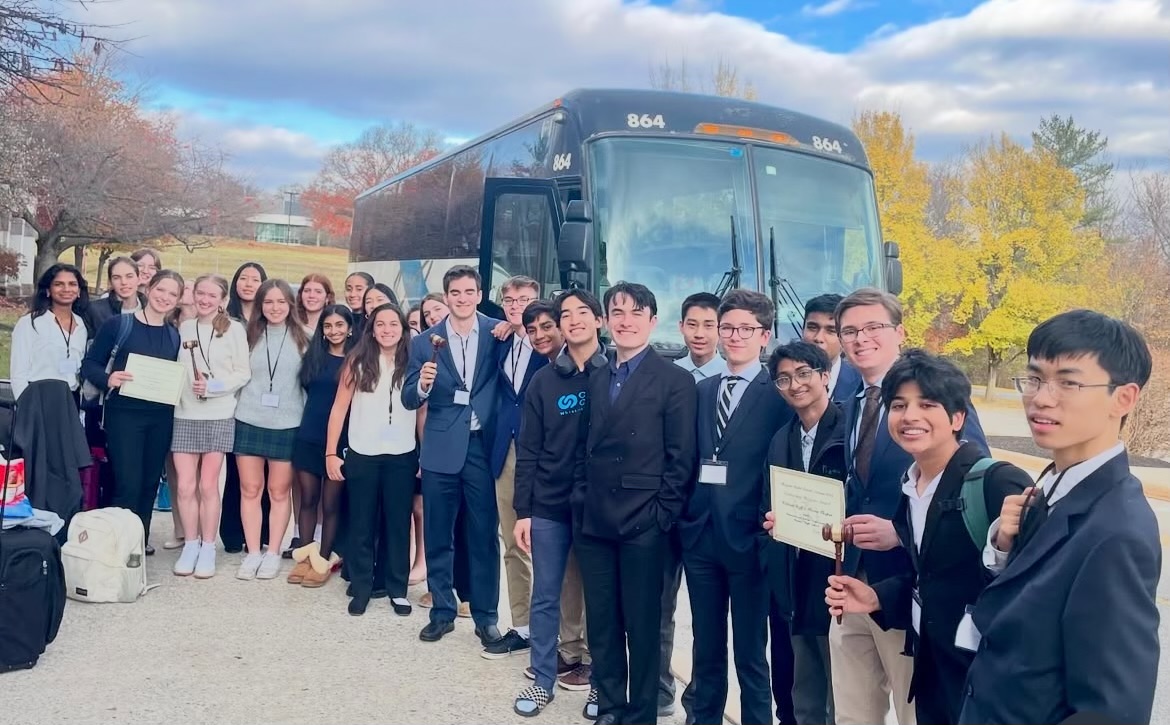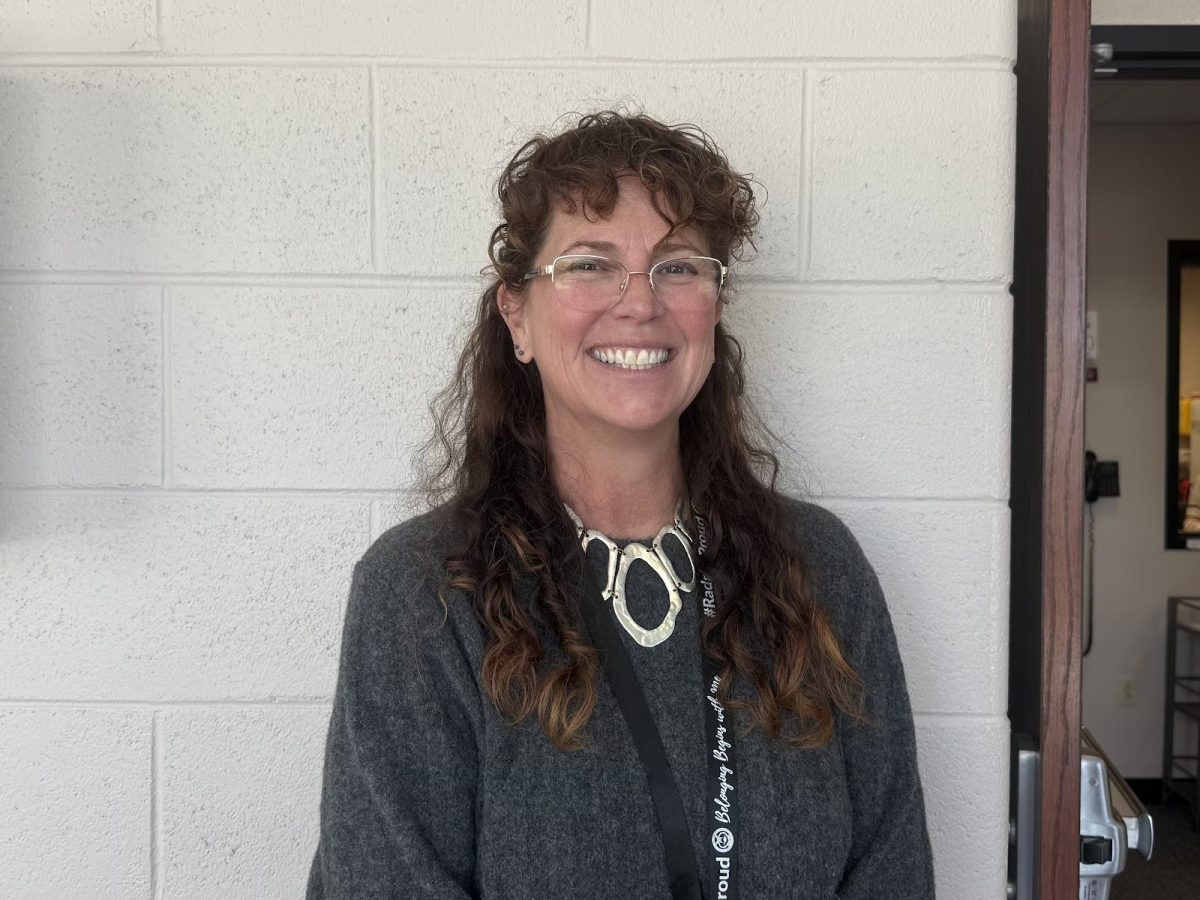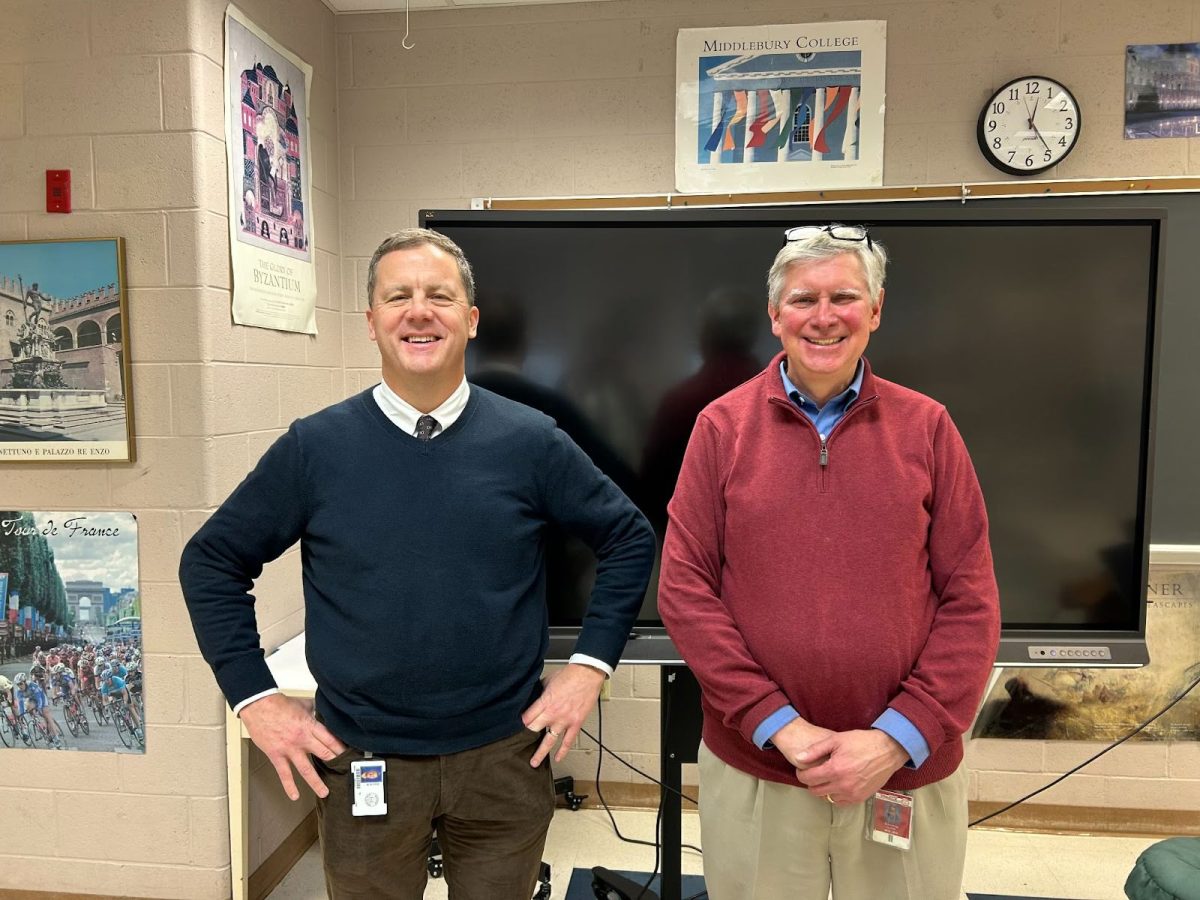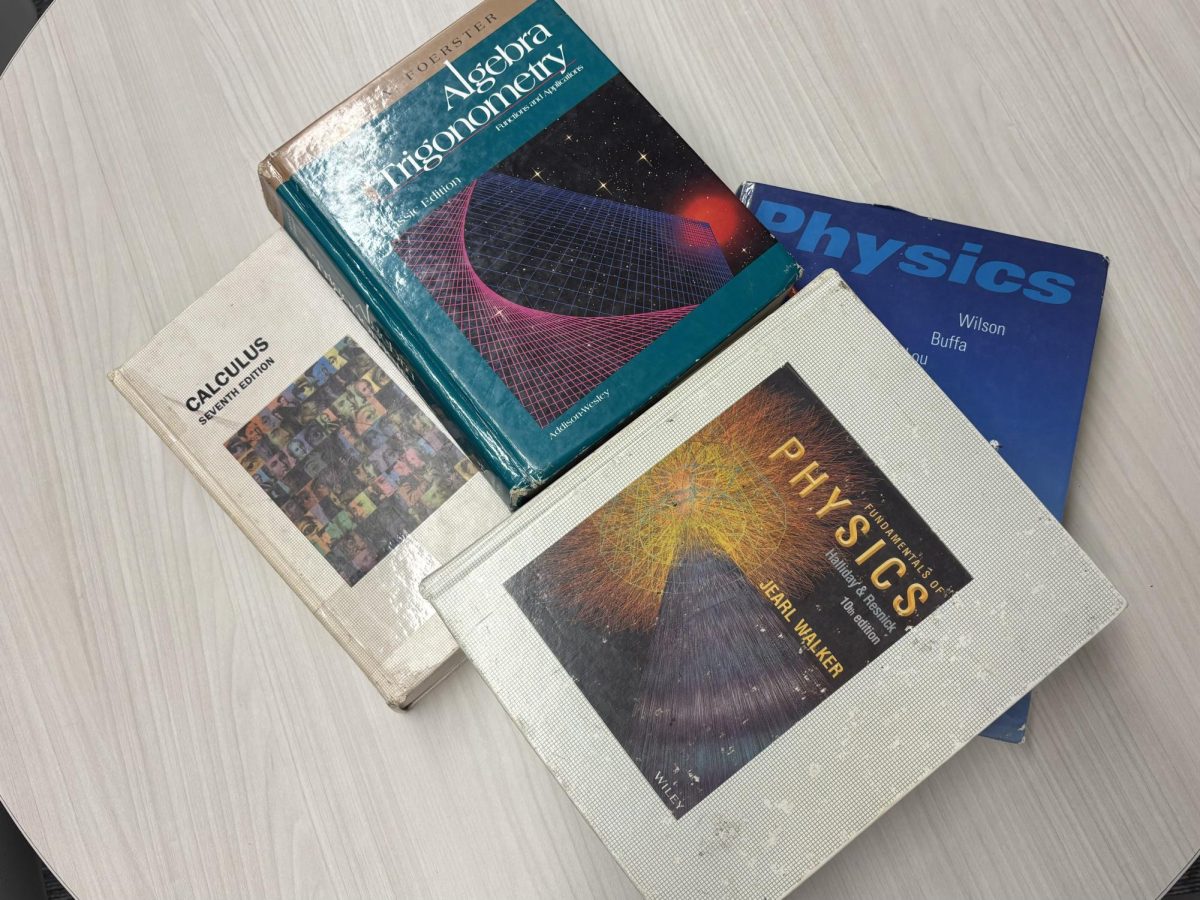280 were the number of cases of murdered indigenous women. 128 were the number of cases of missing indigenous women. And 98 were the number of cases with “unknown status.” On May 5th, the official day known as MMIP or Missing & Murdered Indigenous People is a specific day that brings awareness to these issues and stands as a reminder of the voices who have been ruthlessly silenced and that demand our utmost attention.
Although they make up 2% of the US overall population, Indigenous people specifically women and girls are prime targets for violence with murder being the third leading cause of death for native women. Among the ocean of statistics, Native American females make up a staggering significant portion of missing and murdered cases which is appalling to even think about. This chilling truth is compounded by the fact that a plethora of these cases become cold and forgotten. The reason these cases are left astray is due to the numerous stereotypes about Native women. Once an Indigenous woman is reported missing, these negative opinions act as a hindrance to a search process to occur. Moreover, under the lengthy piles of statistics, the youngest victim was a baby less than a year old and the oldest victim was an elderly woman,83 years of age.
But we can’t leave out men and boys who are also victims of violence. According to Native Hope, 82% of Indigenous men are victims of violence in their lifetime and Native children are more likely to experience trauma and abuse than their non-Native peers. This causes widespread anger and melancholy among families who have lost their sisters, aunts, mothers, fathers, uncles, and children adding to the layer of trauma that Native Americans have experienced. Leading to wounds that can never heal properly.
Therefore, on May 5th, in Canada and the US, individuals sport red clothing, attend marches, and amplify awareness for the MMIP cause. The phrase “I wear red for my sisters” and the red hand print on the mouth symbolize the solidarity of Native American women who tirelessly advocate for shunned voices and empower each other. They are pledging and asking for justice. They are asking us to never forget.

